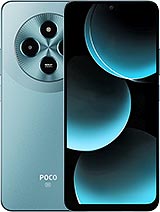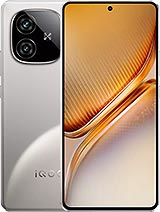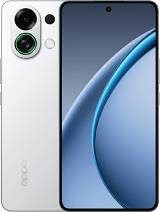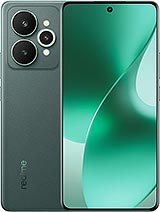Lava Shark 4G alternatives
Tap above to see alternatives.
Realme 15 alternatives
Tap above to see alternatives.
Lava Shark 4G

Lava Shark 4G
-
Unisoc T606
12 nm
-
5000 mAh
18W
-
6.67"
720 x 1612 pixels
-
50 MP
1080p@30fps
- Specs
2x1.6 GHz Cortex-A75
6x1.6 GHz Cortex-A55
4x2.6 GHz Cortex-A78
4x2.0 GHz Cortex-A55
8GB 256GB (UFS 3.1)
12GB 256GB (UFS 3.1)
12GB 512GB (UFS 3.1)
(wide), AF
f/1.8, 24mm (wide), 1/1.95", 0.8µm, Sony IMX882, PDAF, OIS
8 MP
f/2.2, 112˚, 16mm (ultrawide), 1/4.0", 1.12µm
1080p@30fps, gyro-EIS, OIS
f/2.4 , 87˚ (wide), 1/2.8", 0.6µm
1080p@30fps
SIM1: Nano, SIM2: Nano
SIM1: Nano, SIM2: Nano
9 5G bands
n1, n3, n5, n8, n28, n40, n41, n77, n78
In this performance comparison, the Realme 15 with its Mediatek Dimensity 7300 (4nm) performs better than the Lava Shark 4G with the Unisoc Unisoc T606 (12nm), thanks to superior chipset efficiency.
Realme 15 offers 3 years of OS updates, while Lava Shark 4G does not have confirmed OS update information. Realme 15 receives 4 years of security updates, while Lava Shark 4G does not have confirmed security update information.
Realme 15 features a superior AMOLED display, while Lava Shark 4G comes with an LCD panel. In terms of smoothness, Realme 15 offers a higher 144 Hz refresh rate, ensuring fluid scrolling and animations. Both devices deliver the same brightness level at nits. Notably, Realme 15 offers a higher screen resolution, resulting in sharper visuals and more detailed content.
Realme 15 features a larger 7000 mAh battery, potentially delivering better battery life. Realme 15 also supports faster wired charging at 80W, compared to 18W on Lava Shark 4G.
Realme 15 offers better protection against water and dust with an IP69 rating.
¹ Scores can vary even with the same chipset due to RAM, thermals, and software optimization.











